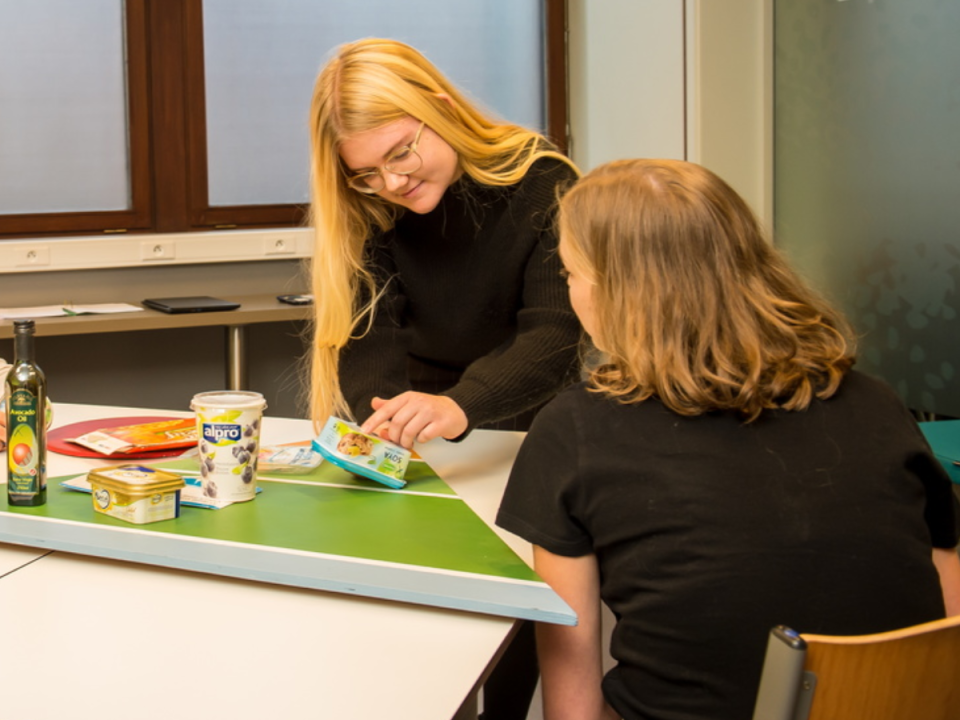Background
The project's approach is based on the mission to improve people's health through better eating habits and physical activity. Diet and physical activity have a decisive influence on people's health and we even know that applying correct dietary and active lifestyle guidelines improves the state of health with the same effect as a pharmacological treatment (WHO, 2013). In economic terms, the impact of overweight alone, according to OECD data, is estimated to account for 10% of health spending.
Objectives
In light of the enumerated circumstances and needs, we want to improve the spreading of knowledge in human nutrition, we want to promote students’ social commitment and we aim to fill the gap of specific skills in dietetics education: practical skills, interpersonal/coaching skills and digital competences. In this sense, it is convenient to produce digital tools to extend concepts as Experiential Learning and develop a Community Service/Service-Learning into our training centres.
From the general perspective, our project is expected to contribute to the improvement in human nutrition education through an effective method of experiential learning. The priority in any effective training program should be placed on the development of proper environments for active learning and real-based scenarios. The project aims at covering the gap of practical competences considered as a critical issue for all healthcare professionals. Possible solution goes through early interaction between potential patients and the educational system in non-critical situations. Thus, common training will be complemented with real practice, which includes individual and collaborative work, very different from traditional training assignments, since it will connect people with learners. This digital learning environment based on experiential learning with individuals and the generation of a virtual patient based on artificial intelligence are the cores of our innovative project.
Furthermore, service-learning is an “educational proposal that combines learning processes and community service in a single well-articulated project where participants learn by working on real needs of the environment in order to improve it; an innovative pedagogical approach that integrates meaningful community service or engagement into the curriculum and offers students’ academic credit for the learning that derives from active engagement within community and work on a real world problem. Reflection and experiential learning strategies underpin the process and the service is linked to the academic discipline”.
Results
The main result of this project is the development and testing of innovative training digital products oriented to facilitate interactive learning experiences and offer efficient tools that contribute to Dietetics Education. As tangible results, we are expecting the project to provide a digital lab for education in dietetics (self-learning tool), a digital lab for education in dietetics (service-learning and trainer’s tool) and a multiplier toolkit to facilitate the use of the digital tools generated by our project.






